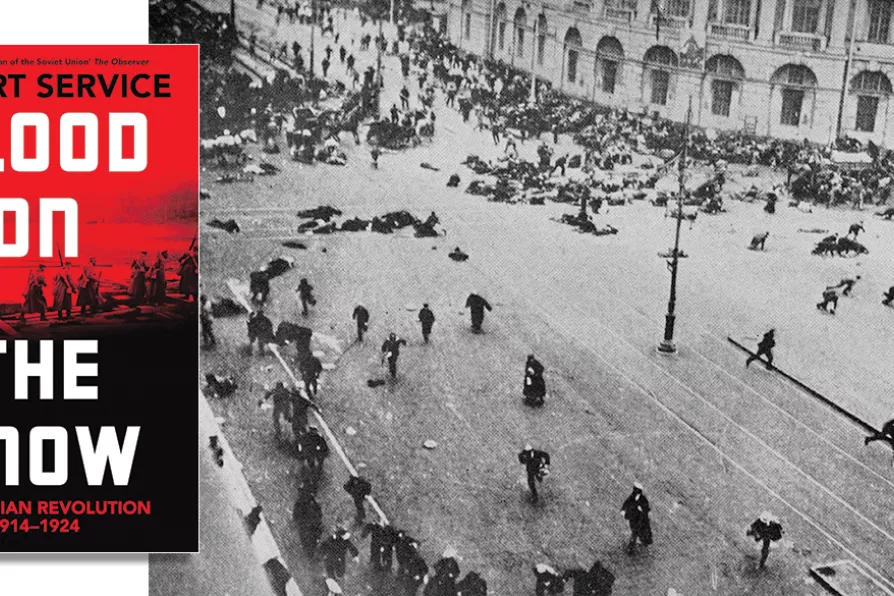CONRAD LANDIN thrills to the voice of 79-year-old Emmylou Harris, that is enriched rather than compromised by the gravel of experience

 BLOODBATH: Petrograd (Saint Petersburg), July 17 1917 - July 4, 1917 (Julian calendar) troops of the Provisional Government fired machine guns at the 500,000 protestors - 700 people were killed, most of them Bolsheviks or Bolshevik sympathisers
[Pic: Viktor Bulla/Public domain]
BLOODBATH: Petrograd (Saint Petersburg), July 17 1917 - July 4, 1917 (Julian calendar) troops of the Provisional Government fired machine guns at the 500,000 protestors - 700 people were killed, most of them Bolsheviks or Bolshevik sympathisers
[Pic: Viktor Bulla/Public domain]
Blood on the Snow: The Russian Revolution 1914-1924
Robert Service, Picador, £30
REFERENCES abound to similarities between the current geopolitical context — a combustible mixture of warmongering by corrupt elites, resentful nationalism, and brooding popular discontent — and circumstances on the eve of WWI.
Bellicose politicians today banging the war drums as a distraction would, therefore, do well to revisit the starkest lesson to emerge from a period during which a gasping Europe was drowned in a cauldron of blood.
The defining event of that era was not the Treaty of Versailles, but the Treaty of Brest-Litovsk — the separate peace agreed between the new Bolshevik government of Soviet Russia and the Central Powers.

Corbyn and Sultana’s ‘Your Party’ represents the first attempt at mass socialist organisation since the CPGB’s formation in 1921, argues DYLAN MURPHY













